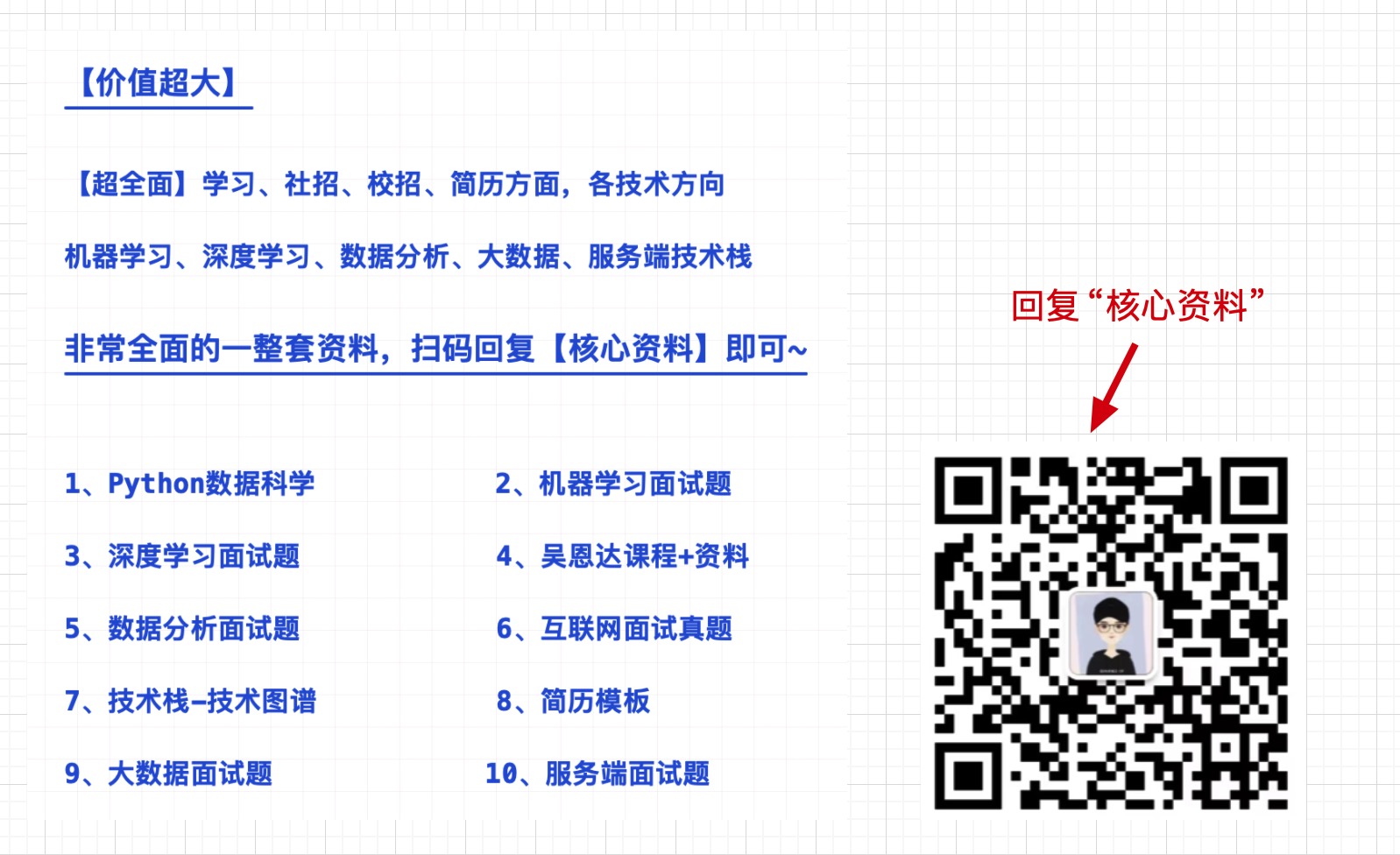You may know that an unbounded wildcard Set can hold elements of any type, and a raw type Set can also hold elements of any type. What is the difference between them?
Two facts about Set
There are two facts about Set:
-
Item 1: Since the question mark ? stands for any type. Set is capable of holding any type of elements.
-
Item 2: Because we don’t know the type of ?, we can’t put any element into Set
So a Set can hold any type of element(Item 1), but we can’t put any element into it(Item 2). Do the two statements conflict to each other? Of course they are not. This can be clearly illustrated by the following two examples:
Item 1 means the following situation:
//Legal Code
public static void main(String[] args) {
HashSet<integer> s1 = new HashSet<integer>(Arrays.asList(1, 2, 3));
printSet(s1);
HashSet<string> s2 = new HashSet<string>(Arrays.asList("a", "b", "c"));
printSet(s2);
}
public static void printSet(Set<?> s) {
for (Object o : s) {
System.out.println(o);
}
}
</string></string></integer></integer>
Since Set can hold any type of elements, we simply use Object in the loop.
Item 2 means the following situation which is illegal:
//Illegal Code
public static void printSet(Set<?> s) {
s.add(10);//this line is illegal
for (Object o : s) {
System.out.println(o);
}
}
Because we don’t know the type of exactly, we can not add any thing to it other than null. For the same reason, we can not initialize a set with Set. The following is illegal:
//Illegal Code
Set<?> set = new HashSet<?>();
Set vs. Set<?>
What’s the difference between raw type Set and unbounded wildcard Set ?
This method declaration is fine:
public static void printSet(Set s) {
s.add("2");
for (Object o : s) {
System.out.println(o);
}
}
because raw type has no restrictions. However, this will easily corrupt the invariant of collection.
In brief, wildcard type is safe and the raw type is not. We can not put any element into a Set.
When Set is useful?
When you want to use a generic type, but you don’t know or care what the actual type the parameter is, you can use [1]. It can only be used as parameters for a method.
For example:
public static void main(String[] args) {
HashSet<integer> s1 = new HashSet<integer>(Arrays.asList(1,2,3));
HashSet<integer> s2 = new HashSet<integer>(Arrays.asList(4,2,3));
System.out.println(getUnion(s1, s2));
}
public static int getUnion(Set<?> s1, Set<?> s2){
int count = s1.size();
for(Object o : s2){
if(!s1.contains(o)){
count++;
}
}
return count;
}
</integer></integer></integer></integer>
Reference:
Original: https://www.cnblogs.com/rollenholt/articles/4237790.html
Author: Rollen Holt
Title: Set vs. Set<?>
原创文章受到原创版权保护。转载请注明出处:https://www.johngo689.com/553330/
转载文章受原作者版权保护。转载请注明原作者出处!

